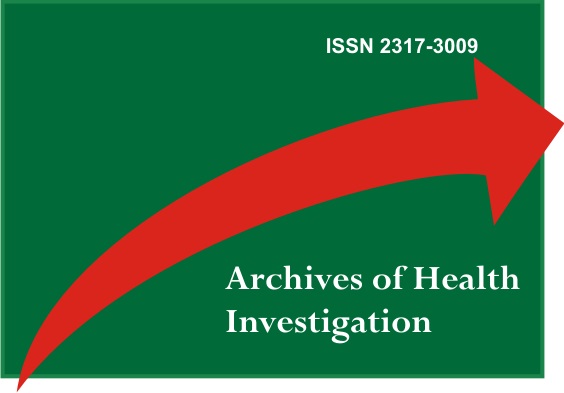Psychosocial Perspectives of the "Empty Nest Syndrome": An Integrative Review
DOI:
https://doi.org/10.21270/archi.v11i1.5629Keywords:
Loneliness, Family Relations, Parent-Child RelationsAbstract
Introdution: The empty nest syndrome is followed by the loneliness and depression of parents as their children leave their home. Objective: To search, based on scientific literature, informations about the empty nest syndrome, as well as making a critic reflection about them, relating them to the current knowledge on physiopathology and psychology for a better understanding of this family’s stage manifestations and therefore, a precise report of the syndrome. Methods: Through an Integrative Literature Review (RIL), a search was conducted on the Latin American and Caribbean Health Sciences (LILACS) and Online Medical Literature Search and Analysis (MedLine) databases. Only one descriptor was used: “empty nest syndrome”. Only complete articles published in Portuguese, English and Spanish from 2005 to 2021 were included. Theses, dissertations, monographs, duplicate articles and articles which did not address the proposed study object were excluded. Result: A total of ten articles were selected, divided and analyzed according to three subjects proposed to this study. Conclusion: It is evident that the psychiatric symptoms are related to the empty nest syndrome, so that coping with the phase after becoming parents, positively or negatively, can end up on psychopathological aggravations, as well as it can be positive to the family. The lifestyle and the place where the family lives intensely influence on the way the family goes through this period. Factors as genre, socioeconomic condition and work hierarchy are also capable of changing the family’s answer to the empty nest syndrome.


